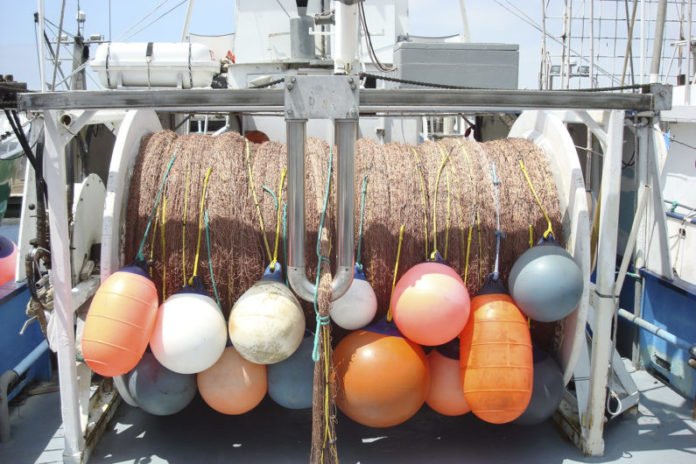Stanford scientists have recently developed a new tool called EcoCast that can help fishers locate the most productive fishing spots. The tool will also help fishers to avoid unwanted or protected species such as sea turtles and dolphins.
The tool EcoCast merges satellite data of ocean conditions, records from fisheries observers and species tracking data to pinpoint ideal fishing areas on a daily basis. In addition, fishers can improve their gather of target fish, while diminishing the danger of unintentionally getting and killing sensitive species.
Scientists reported that the tool can be up to 10 times more efficient for protecting species than previous management styles. It additionally advises researchers and resource managers working with enormous information to propel more reasonable fisheries hones.
Co-author Larry Crowder, the Edward Ricketts Provostial Professor of Marine Ecology and Conservation at Stanford’s Hopkins Marine Station said, “EcoCast is leading the way toward more dynamic management of marine resources. We’re putting the information directly in the hands of the fishers and managers.”
Gary Burke, a drift gillnet fisherman in Southern California who collaborated on the research said, “Fishers will be willing to try this because they’re always looking for ways to do things differently, and better. It’s not going to be perfect, because it’s a prediction, but it is giving us access to information we haven’t had before.”
Elliott Hazen, study lead author and visiting scholar at the Stanford Woods Institute for the Environment said, “By pioneering a way of evaluating both conservation objectives and economic profitability for sustainable U.S. fisheries, we’re simultaneously advancing both conservation and economic objectives.”
Crowder said, “We’ve had to settle for static management in the past. Now, we can consider this novel approach to address one of the most significant barriers to global fisheries sustainability.”
The findings, published this week in Science Advances.
